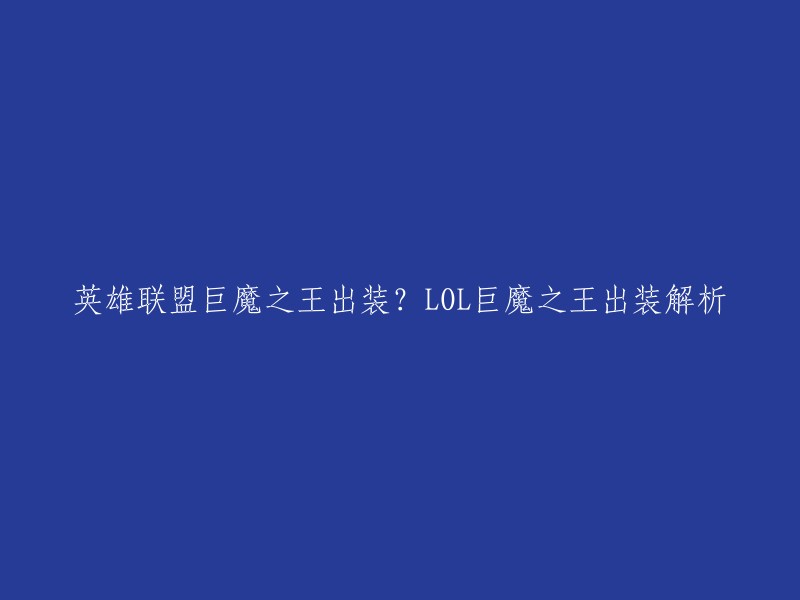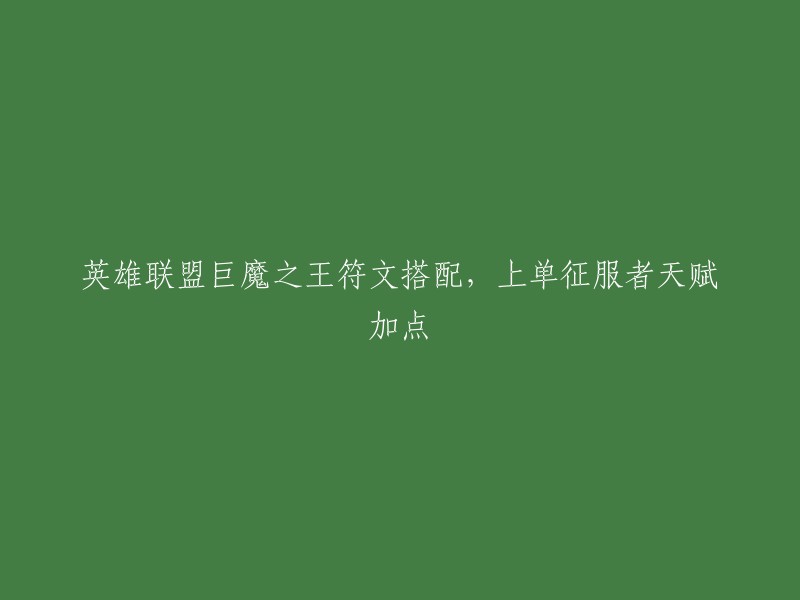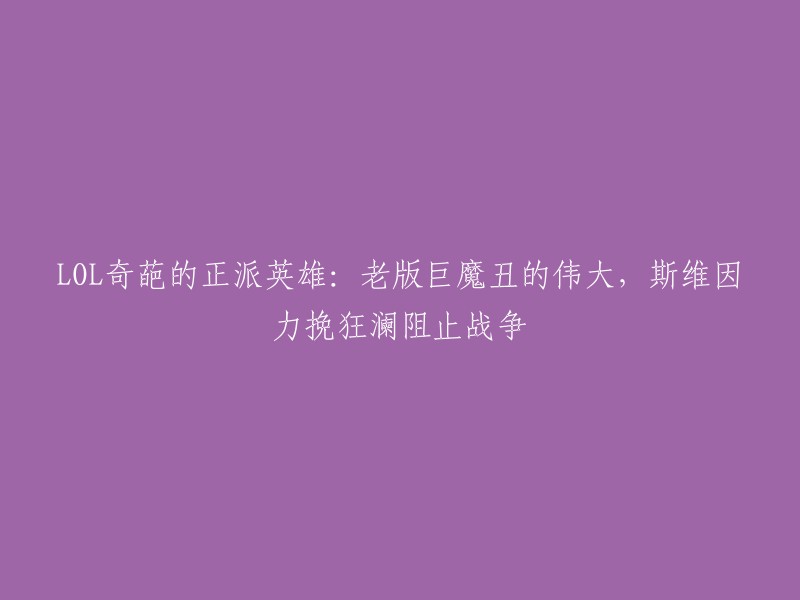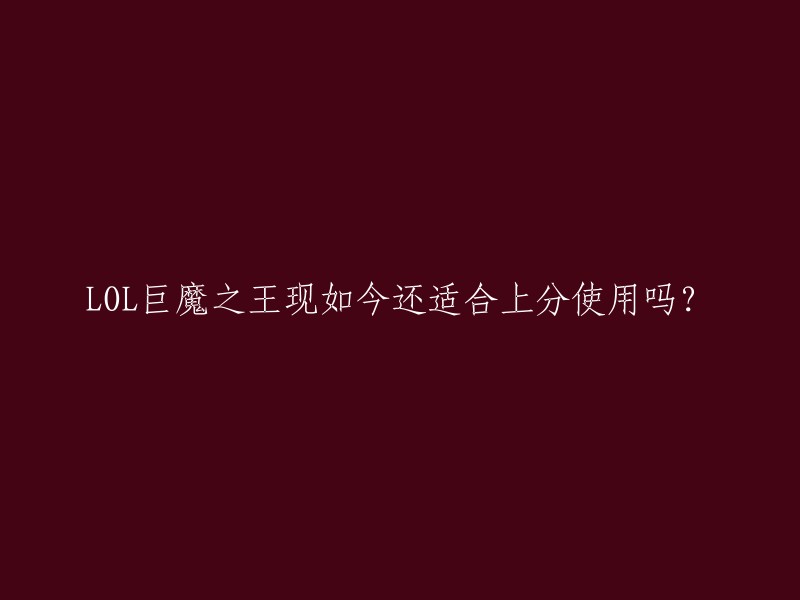If you emphasize that something is extremely great in amount or degree, you can describe it as "infinite." For example:
e.g. ...an infinite variety of landscapes... 变化万千的风景
In this case, the word "infinite" highlights the vastness and diversity of the landscape. It implies that there are no boundaries or limits to the number or types of landscapes available.
Similarly, you can use the word "infinite" to describe a situation where someone has taken extreme care or precision in their actions. For instance:
e.g. With infinite care, John shifted position... 约翰小心翼翼地挪动了位置。
In this sentence, the speaker is emphasizing how careful John was in shifting his position. The word "infinite" suggests that no detail was overlooked or ignored, and that John took great care in ensuring he moved in the correct direction.
Another way to use "infinite" is to describe something that has no limit, end, or edge. For example:
e.g. ...an infinite number of atoms... 无穷多的原子
In this case, the word "infinite" highlights the sheer magnitude of the number of atoms in the universe. It suggests that there are no boundaries or limitations to the number of atoms that exist, which is a concept known as infinity.
Finally, you can use "infinitely" to describe something that has no end or cannot be divided into smaller units. For example:
e.g. Obviously, no company has infinitely resources. 显然,没有哪个公司的资源是无限的。
In this sentence, the word "infinitely" emphasizes that there is no end to the resources available to companies, suggesting that they have access to an almost limitless supply of resources at their disposal. Similarly, it could be used to describe something that cannot be divided into smaller units, such as time or space:
e.g. A centimeter can be infinitely divided into smaller units. 一厘米可以无穷尽地分成更小的单位。






